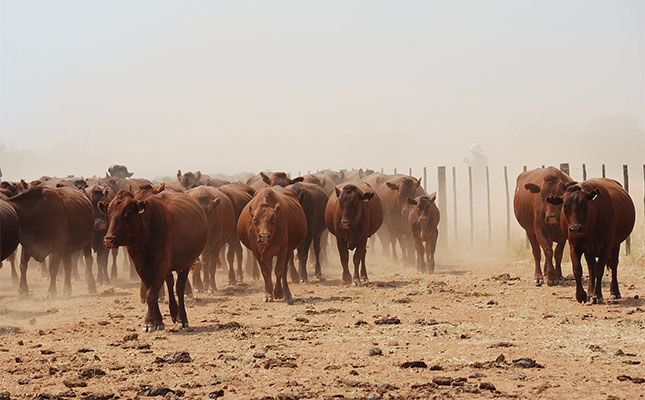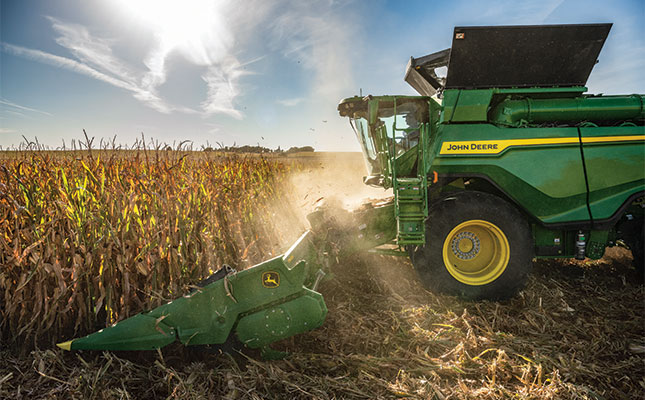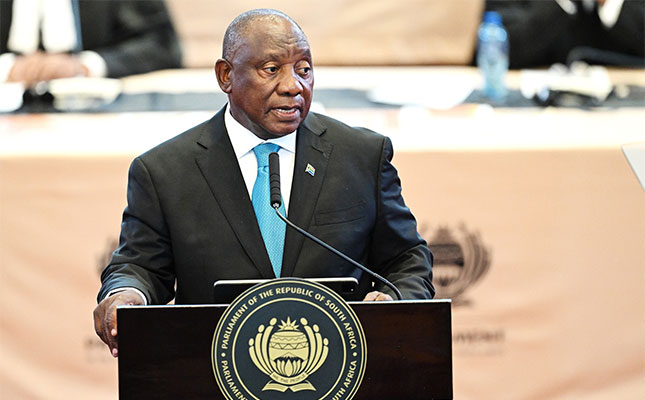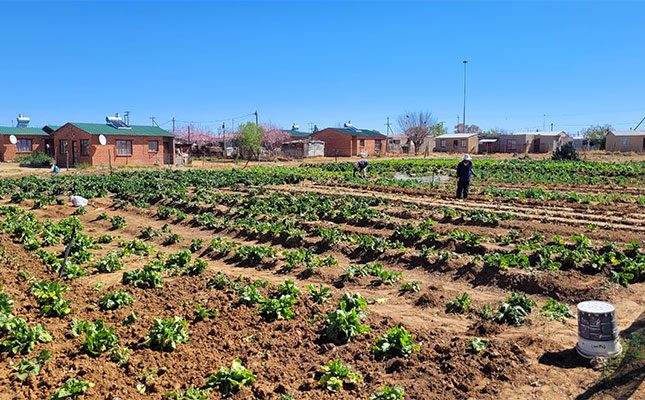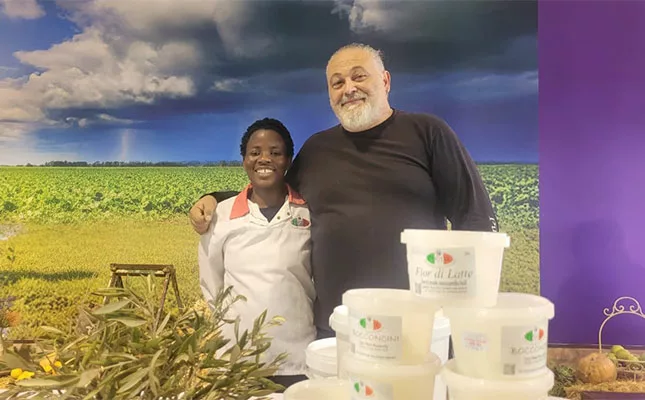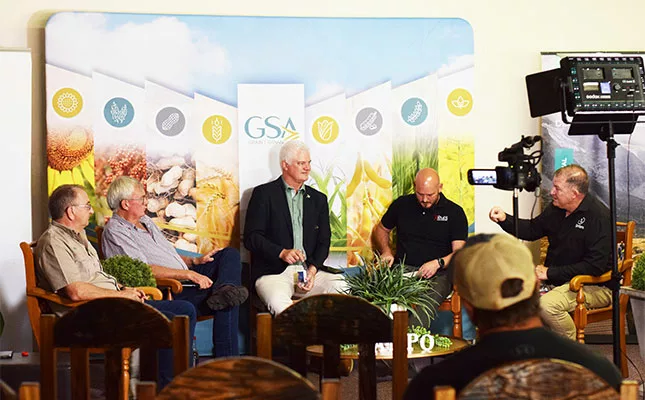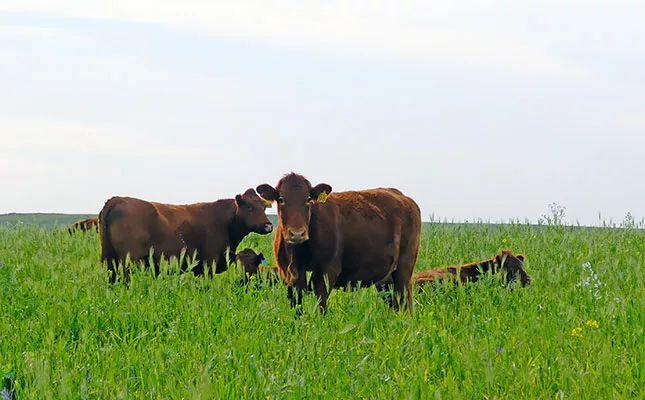
A lack of a universal, state-run traceability system and ongoing foot-and-mouth disease (FMD) outbreaks are costing South Africa in key export markets.
This was according to participants in a panel discussion on traceability at the Western Cape Red Meat Producers’ Organisation annual general meeting, which took place last week at Nampo Cape 2025, who said that even South African successes were a result of competitors’ ability to access better markets.
“The reason Australia and New Zealand are ahead of us [in terms of price] is that traceability is legislated in those countries, and over many years they have used that system to obtain export markets. And today, they are getting among the best prices in the world because of that,” Louw van Reenen, executive chairperson of Beefmaster Group, said.
“Unless [South African] producers take part in traceability, we simply won’t get those good opportunities.”
Dian Giliomee, manager of Overberg Meat and Hessequa Meat, said that while South African exporters were able to meet Saudi Arabian requirements for traceability and the market was among the better-paying ones, local lamb still fetched US$1 (around R17) less than Australian and New Zealand lamb.
“Due to their traceability systems, [those countries] have access to the Chinese market, where they earn much more than in the Saudi [Arabian] market,” he added.
Giliomee said Saudi Arabia was one of South Africa’s best markets because there was relatively little competition from Australia and New Zealand, as they sent higher volumes of meat to China. He added that if South African lamb were to obtain access to the Chinese market, it could also increase its price premium.
The latest Red Meat Industry Report, co-authored by Red Meat Industry Services (RMIS) and the Bureau for Food And Agricultural Policy (BFAP), pointed out that South Africa earned significantly less from beef exports to the Middle East than its competitors in 2024.
- In Saudi Arabia, South Africa earned US$5 873/t, compared with Australia’s US$17 692.
- In Qatar, to which South Africa recently lost market access due to traceability deficiencies, South Africa earned US$6 471/t, compared with Australia’s US$15 477.
- In the United Arab Emirates, South Africa earned US$6 684/t, compared with Australia’s US$14 183.
RMIS and the BFAP attributed the price disparity to “Australia’s strong animal health status, particularly its recognition as [being] free from FMD and bovine spongiform encephalopathy”.
They added: “This status facilitates broader market access and enables Australia to meet the stringent sanitary requirements imposed by premium markets. These standards often exclude or restrict imports from countries with disease concerns.
“South Africa’s ongoing FMD outbreaks restrict direct access to high-value markets and export markets in general, requiring extra regulatory measures to maintain trade credibility. Similarly, Brazil and Argentina face FMD-related trade barriers, preventing them from accessing certain premium markets where Australia thrives.
“Australia’s market-oriented carcass balancing allows it to maximise returns by directing processed or high-value meat into premium markets, while other exporters often supply commodity beef to lower-paying destinations.
“By maintaining a disease-free status and advanced grading system, Australia ensures stable market access and premium pricing, outperforming South Africa, Brazil, and Argentina.
“It is worth noting that towards the end of 2024, the Argentinian government adopted a new official grading system for beef and beef carcasses, which is expected to better position Argentinian beef in global export markets.”
Van Reenen said even the workaround South African exporters implemented to comply with export markets’ traceability wasn’t entirely to these markets’ liking.
“Many of the markets don’t like that we do traceability privately; they want a system that is national and run by the government. It’s the same with third-party animal health certifications; they don’t like that either; they want government to do it. But we get away with the private system because it’s done under the auspices of [the South African Meat Industry Company], which is a third party,” he explained.
Get trusted farming news from Farmers Weekly in Google Top Stories.
➕ Add Farmers Weekly to Google ✔ Takes 10 seconds · ✔ Remove anytime
